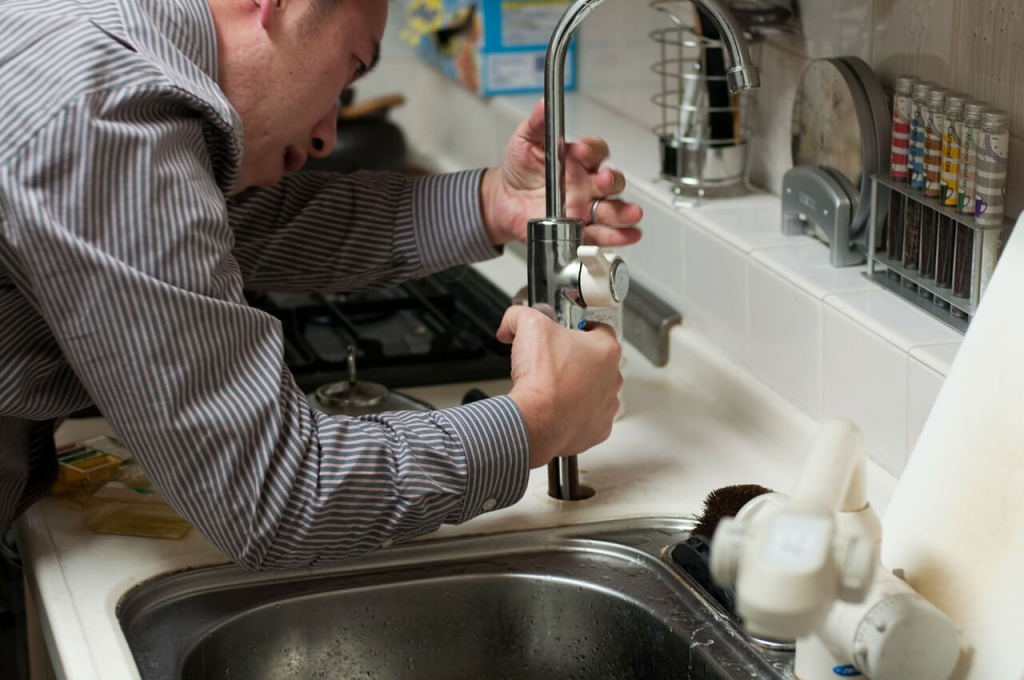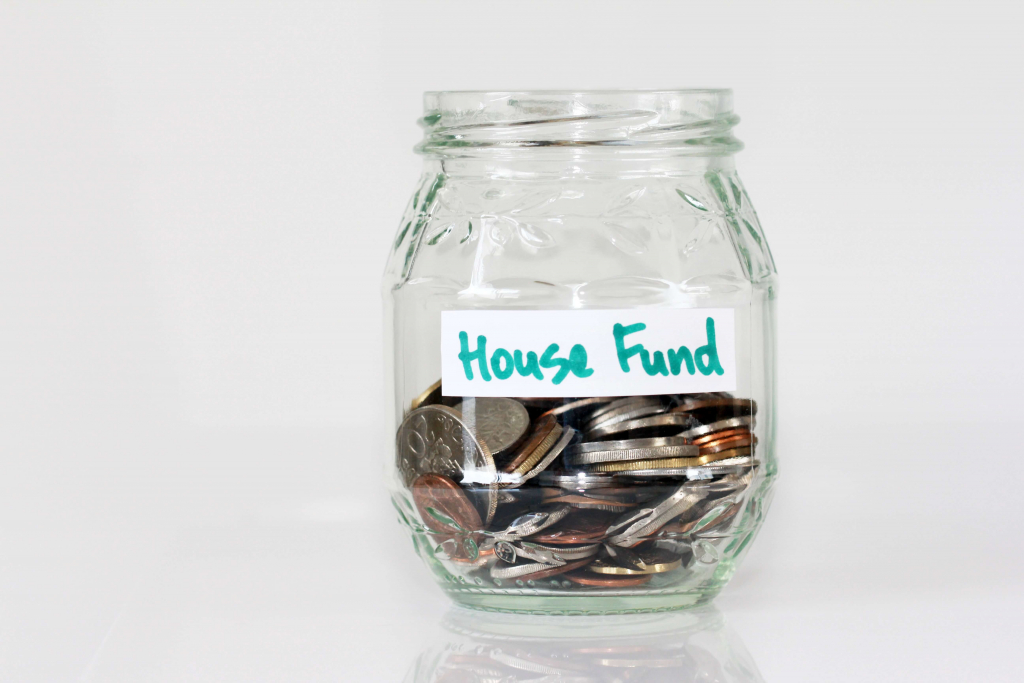Every business has the potential to earn a lot of income but is also exposed to great financial losses. Given the different financial possibilities that go along with such an investment, a business owner must know how to manage his or her finances properly and be more prepared for financial crises.

As a landlord, one of the strategies you can do to be more financially secure is by adopting cost-effective and money-saving practices when operating your rental properties.
Perform regular maintenance
Doing so may cost money but in the long run, it will save you from spending on major repairs that would cost two, three, or even ten times as much.
Check if smoke detectors, air filters, and pipes are in good condition. Also, make sure that there is no pest infestation or mold which may damage your physical property.

Have a healthy relationship with your tenants
The same way you don’t want problem tenants, your tenants don’t also want a mean landlord. Build a good relationship with your tenants by responding to their needs and have an open line of communication if there is a concern that needs to be addressed. Should they become problematic, deal with them as professional as possible.
If you have a good relationship with your tenants, not only will they feel bad about delaying their rent, they will also be more interested to renew their lease and save you time and money to find a replacement tenant.
Maximize Tax write-offs
As a legally operating business, you have to pay tax regularly. You can save a lot of money by taking advantage of tax deductions from certain business expenses.
Find the best mortgage
Your mortgage is probably your biggest expense. Even though you already have a good deal, it won’t hurt to shop around for a better deal. You could save a lot of money if you find one.

Choose tenants carefully
A bad tenant can end up becoming very costly. If you don’t screen your tenants thoroughly, you might have to deal with delayed payments, costly eviction cases, and property damage that would require a lot of money to repair.
Invest time and effort in filtering applicants by doing all the necessary background checks. Do extra due diligence by verifying all their information. After publishing a listing on platforms like Padleads, you could get a handful of applicants. You might be too excited to fill in the vacancy that you will become lenient in the screening process. Don’t let the desire to fill in a vacancy cloud your judgment.
Abide to housing laws
The reason behind this is simple, no violations mean no costly lawsuits or penalties. Familiarize yourself with federal and state housing laws because most violations are unintentional but can get you in trouble. Ignorance of the law excuse no one.

Find the best landlord insurance
Similar to maintaining your property, having insurance will cost you money, but it can protect you in case of unexpected financial setbacks that would cost a lot more.
However, most policies can still be adjusted so that you don’t have to spend too much. Ask your insurance agent if you can get discounts if you have safety measures in place like smoke detectors or security systems. Also, check if there are special discounts for members of certain housing organizations. Do not be afraid to ask. Some agents wouldn’t immediately disclose how you can get discounts unless you ask them.

Update yourself with rental rates
Knowing the current rental rates in your area can help you avoid undercharging and overcharging. If you undercharge, you will lose the opportunity to earn more money that could increase your savings. If you overcharge, you might discourage current tenants to renew their lease, so it could cause higher tenant turnover and cost your more money.

Knowing how to save money is not just a precautionary measure for financial struggles or unexpected expenses, but also preparation for other milestones in life like starting a family, acquiring another property, or going into retirement. So regardless of the goals, putting the effort to save money will always pay-off in the long run.